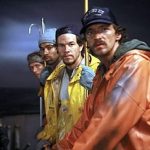Blade Runner (1982)
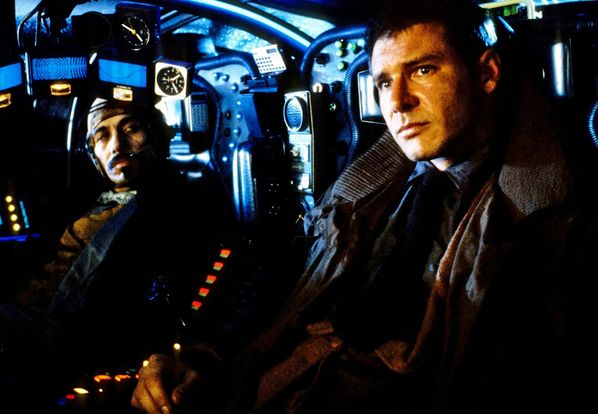
“Blade Runner” (1982): A Sci-Fi Masterpiece of Dystopian Vision
Released in 1982, “Blade Runner” is a groundbreaking science fiction film directed by Ridley Scott, adapted from Philip K. Dick’s novel Do Androids Dream of Electric Sheep? The film stars Harrison Ford as Rick Deckard, a “blade runner” tasked with hunting down rogue replicants—bioengineered beings indistinguishable from humans—in a dystopian Los Angeles.
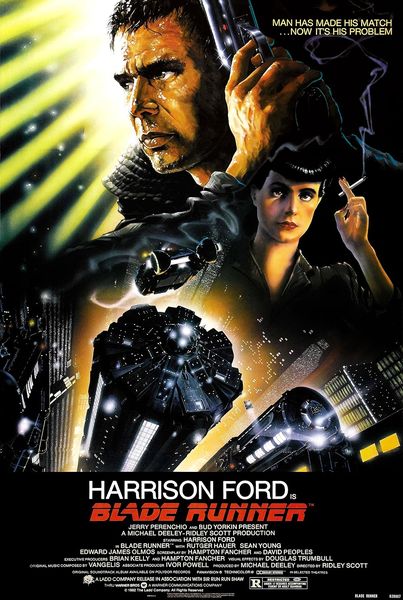
Set in a visually stunning, neon-lit future where society has become a blend of high technology and decay, “Blade Runner” explores complex themes of identity, humanity, and morality. The film opens with a narration by Deckard, who reflects on his role in eliminating replicants that have returned to Earth illegally. These replicants, created for labor and pleasure, possess advanced intelligence and emotions, raising questions about what it means to be human.

As Deckard embarks on his mission, he encounters a group of escaped replicants led by Roy Batty (Rutger Hauer), who seeks to extend their short lifespan. The film delves into the replicants’ quest for identity and the desire for life, with Batty’s character emerging as a tragic figure grappling with his existence. The memorable line, “All those moments will be lost in time, like tears in rain,” captures Batty’s poignant reflection on mortality.
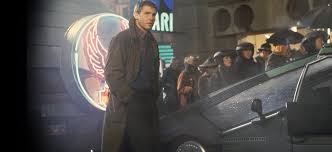
Ridley Scott’s direction is marked by its atmospheric visuals and meticulous world-building. The film’s cinematography, by Jordan Cronenweth, features a blend of rain-soaked streets, towering skyscrapers, and intricate set designs that create a hauntingly beautiful environment. The use of practical effects and miniatures, along with groundbreaking visual effects for its time, contributes to the film’s enduring impact.
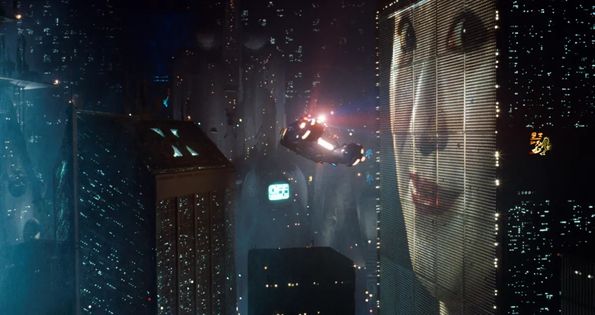
The score, composed by Vangelis, enhances the film’s mood with its synth-laden, melancholic themes, perfectly complementing the visuals and emotional depth of the narrative. The music plays an integral role in establishing the film’s tone, adding layers to the complex story.
“Blade Runner” poses philosophical questions about the nature of humanity, empathy, and the consequences of technological advancement. The replicants, despite being artificially created, display genuine emotions and desires, challenging the viewer’s understanding of what it means to be alive. The film’s exploration of these themes has sparked extensive analysis and debate since its release.
Upon its initial release, “Blade Runner” received mixed reviews, with some critics praising its visuals and themes while others found it slow-paced. However, it has since gained a cult following and is now regarded as one of the greatest films in the science fiction genre. Its influence can be seen in countless works of cinema, literature, and art.
In conclusion, “Blade Runner” is a visually stunning and thematically rich film that transcends traditional science fiction narratives. Directed by Ridley Scott and anchored by strong performances, particularly from Harrison Ford and Rutger Hauer, the film invites viewers to contemplate profound questions about existence and humanity. As a defining work of dystopian cinema, “Blade Runner” remains a timeless exploration of the intersection between technology and the human experience.











